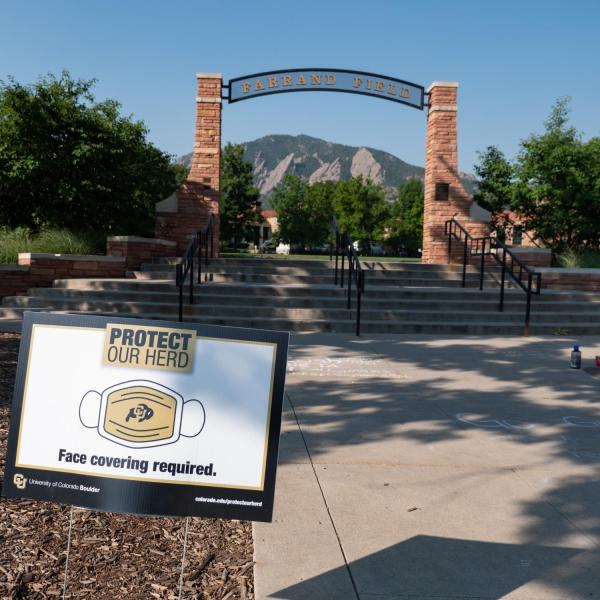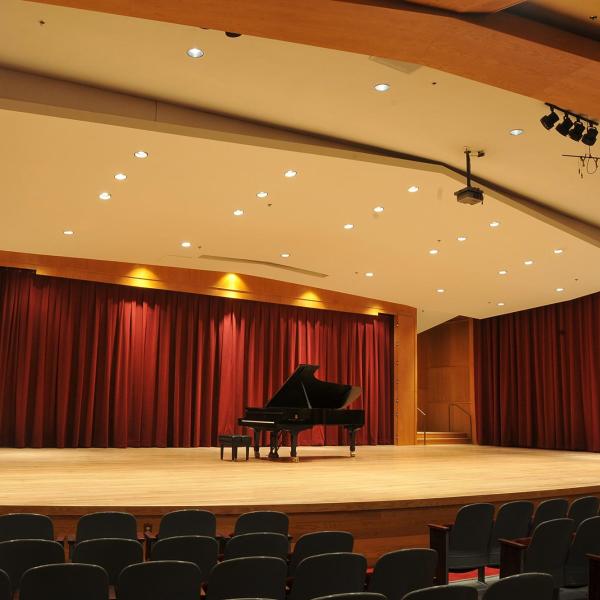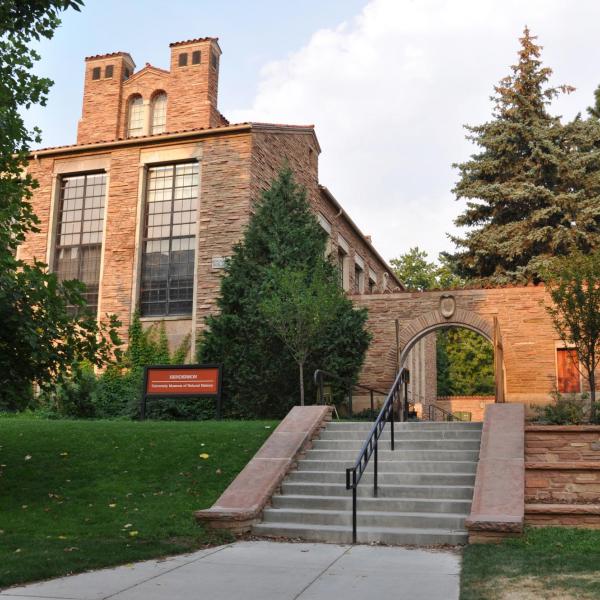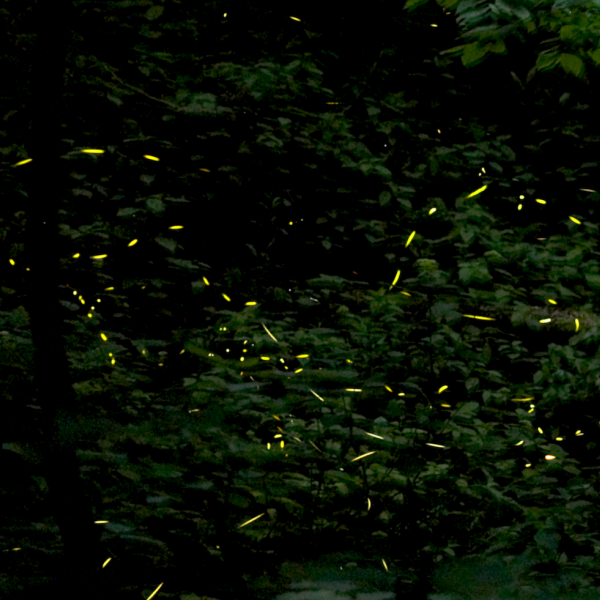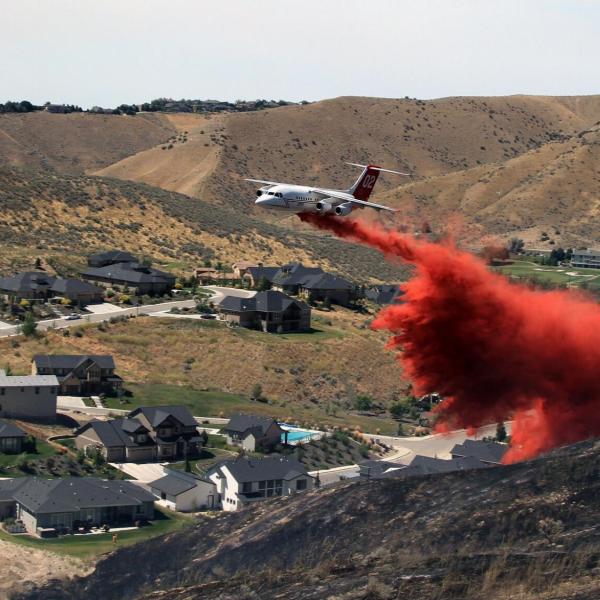Community Edition - Sept. 27, 2020
In Focus
COVID-19 campus updates: Sept. 24 edition
Through the fall semester, campus officials are providing weekly updates, including stats and items of note. In this issue: a new order from Boulder County Public Health, state outbreak data, a new weekly briefing and more.
City and partner organizations invite community members to join weekly COVID-19 briefings
Recognizing the growing concern about the increase in positive COVID-19 cases in Boulder, the city of Boulder, the Boulder County Public Health Department and CU Boulder are offering weekly community briefings to provide updates to and take questions from the public.
Discover What's Here
Centennial Celebration on Nov. 4 to feature Pendulum New Music works
Following the cancellation of an Oct. 7 performance, Pendulum New Music will premiere original music of student composers during this year's Centennial Celebration concert. Learn more about their Nov. 4 livestream concert event.
Celebrate International Podcast Day on Sept. 30 with a new CU series
Now hear this: the University of Colorado Museum of Natural History is launching Museum Unlocked, a podcast series curated for CU students and those interested in going behind the scenes with the museum's curators.
Research in Your Backyard
In the Smoky Mountains, thousands of fireflies flash in unison; researchers want to know how
Ever wonder why some fireflies flash in harmony? New research sheds light on this beautiful phenomenon and strives to understand how relatively simple insects manage to coordinate such feats of synchronization.
Arctic sea ice 2020 minimum is second lowest in 42 years
Arctic sea ice has likely reached its minimum extent for the year, at 3.74 million square kilometers (1.44 million square miles), according to scientists at the National Snow and Ice Data Center. This is the second lowest extent in the nearly 42-year satellite record.
CU Boulder to become national center of cryoelectron tomography
With a National Institutes of Health grant, CU Boulder will be a leader in cryoelectron tomography, a technology that helps visualize in 3-D the fine-structure of intact cells and tissues.
Humans ignite almost every wildfire that threatens homes
Wildfires aren't always wild. Many of the most expensive and damaging fires happen in suburban areas, and nearly all blazes in these zones are started by humans. Associate Professor Jennifer Balch shares on The Conversation.
Dynamic tattoos promise to warn wearers of health threats
Researchers are developing tattoo inks that sense chemicals, temperature and UV radiation, setting the stage for tattoos that diagnose health problems. Assistant Professor Carson Bruns shares on The Conversation.



